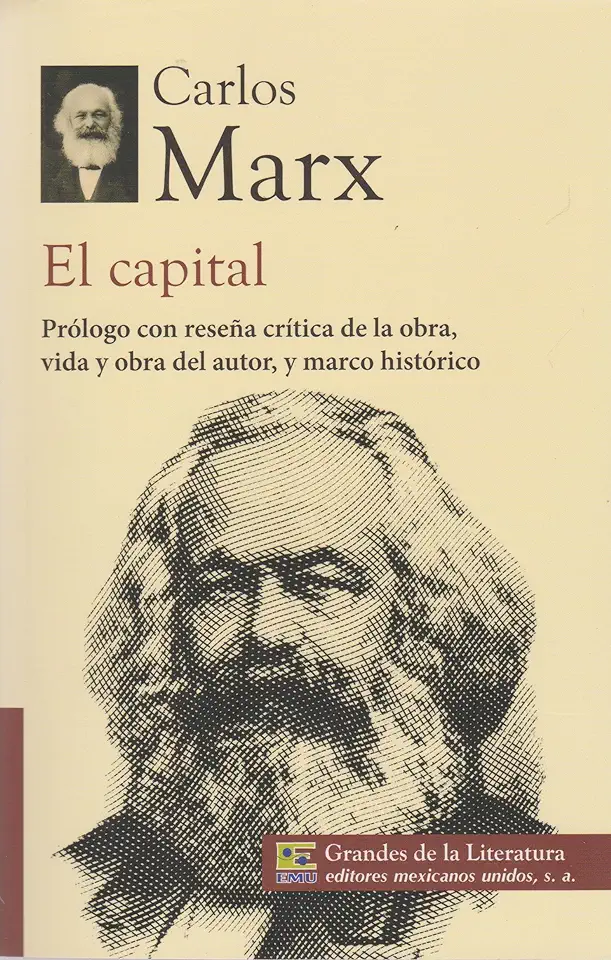
Capital - Karl Marx
Capital: A Critique of Political Economy
By Karl Marx
Introduction
In his seminal work, "Capital: A Critique of Political Economy," Karl Marx presents a comprehensive analysis of the capitalist mode of production and its inherent contradictions. Through a rigorous examination of the economic system, Marx unveils the exploitative nature of capitalism and its impact on workers, society, and the environment. This book is a must-read for anyone seeking a deeper understanding of the workings of capitalism and its profound influence on our world.
The Labor Theory of Value
At the heart of Marx's analysis is the labor theory of value, which posits that the value of a commodity is determined by the amount of socially necessary labor time required to produce it. Marx argues that under capitalism, workers are paid only a fraction of the value they create, with the surplus value pocketed by the capitalist class. This exploitation is the driving force behind capitalist accumulation and the root of social inequality.
The Accumulation of Capital
Marx demonstrates how the accumulation of capital leads to the concentration of wealth in the hands of a few, while the majority of workers are left in poverty. This process is fueled by the relentless drive for profit, which compels capitalists to constantly expand production and extract more surplus value from workers. The result is a system characterized by inequality, exploitation, and periodic crises.
The Crisis of Capitalism
Marx argues that capitalism is inherently unstable and prone to periodic crises. These crises are caused by the overproduction of commodities, leading to a decline in profits and a reduction in investment. This, in turn, leads to unemployment, falling wages, and social unrest. Marx predicts that these crises will become more severe and frequent, eventually leading to the collapse of capitalism and its replacement by a socialist system.
The Future of Socialism
Marx envisions a future beyond capitalism, where the working class will overthrow the capitalist system and establish a socialist society. In this society, the means of production will be collectively owned and controlled, and the profits from labor will be distributed equitably among all members of society. Marx argues that socialism is the only way to overcome the contradictions of capitalism and create a just and sustainable economic system.
Conclusion
"Capital: A Critique of Political Economy" is a monumental work that has profoundly influenced economic thought and political discourse. Marx's analysis of capitalism provides a powerful lens through which to understand the social, economic, and political dynamics of our world. This book is essential reading for anyone interested in understanding the workings of capitalism, its impact on society, and the potential for a more just and equitable economic system.
Enjoyed the summary? Discover all the details and take your reading to the next level — [click here to view the book on Amazon!]